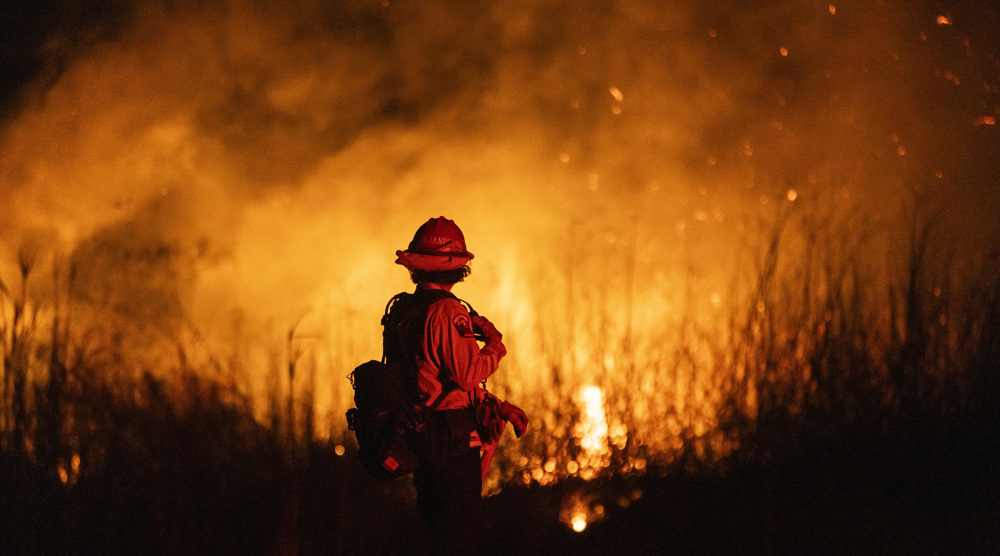Iran, Turkey share numerous commonalities: Foreign Ministry official
A senior Iranian official says that Iran and Turkey share a great deal of commonalities, and that the viewpoints of the two neighboring countries may gradually converge on several current issues of disagreement.
Speaking at a press conference on Monday, Bahram Qassemi, the spokesman for the Iranian Foreign Ministry, pointed to a recent visit by Turkish Foreign Minister Mevlut Cavusoglu to Tehran and said Iranian and Turkish officials exchanged viewpoints on a raft of issues, including the Syrian conflict, during the visit.
Tehran and Ankara support opposing sides in the Syrian conflict.
The visit by Cavusoglu to Iran had been unannounced.
While admitting the recent convergence between Turkey and Russia, Qassemi said it was too soon to conclude that ongoing interactions between Iran, Russia and Turkey would lead to some form of trilateral cooperation.
He explained that Iran has defined its relations with Russia in a manner that is different from how Tehran has defined its ties with Ankara. “This is while,” he said, “Turkey and Russia will certainly witness the emergence of new relations between [the two of] them following the crises they have experienced.”
A coup was unsuccessfully attempted in Turkey on July 15. Following the failed putsch, Ankara began gravitating toward Russia, mending fences with Moscow after a row over the shooting down of a Russian aircraft over Syria back in November 2015.
Qassemi said Iran welcomes the thaw in Russo-Turkish relations.
No Iran-Russia deal regarding Nojeh air base
Elsewhere in his remarks, Qassemi said that no deal had been struck between Iran and Russia concerning the deployment of Russian fighter jets to the Nojeh air base in the western Iranian city of Hamedan, explaining that Iran had reached “a sort of understanding” with Russia over joint efforts to fight terrorism in the region.
“We had a sort of understanding with the Russian side to conduct joint measures. One of them (the measures) was to allow the Russians, with permits and prior notification and a request by the Russians, to use Iranian space and facilities so they can fight in the insecure region of Syria, something we want, too,” the Iranian Foreign Ministry spokesman said.

He said Tehran-Moscow relations are strategic “in some fields,” noting that such ties have grown over the past few years.
“What destabilizes the region is of concern to us. Iran’s security is of significance to us, and we spare no effort in ensuring the country’s security,” he said.
Asked about reports in pro-Saudi media claiming that the Saudi ambassador to Iraq has been the target of an assassination plot, Qassemi said Saudi Arabia is “seriously delusional.”
He said Riyadh faces “serious internal and external problems,” which he said sometimes prompt the Saudi regime to act in an unwise and emotional way.
Iran cuts gold import tariff to zero
Pezeshkian: Iran determined to develop, boost ties with neighbors
VIDEO | Israel, Hamas ceasefire agreement: Closer than ever
VIDEO | Gaza ceasefire to be put in place under resistance conditions
Hot water and sewage: Palestinians share harrowing tales of torture in Israeli prisons
VIDEO | Thousands evacuated in Ethiopia amid earthquakes, volcanic eruption fears
Revealed: Israeli ministers eye restoration of illegal settlements in Gaza through genocide
How Los Angeles’ pistachio tycoons facilitated and profited from wildfires










 This makes it easy to access the Press TV website
This makes it easy to access the Press TV website